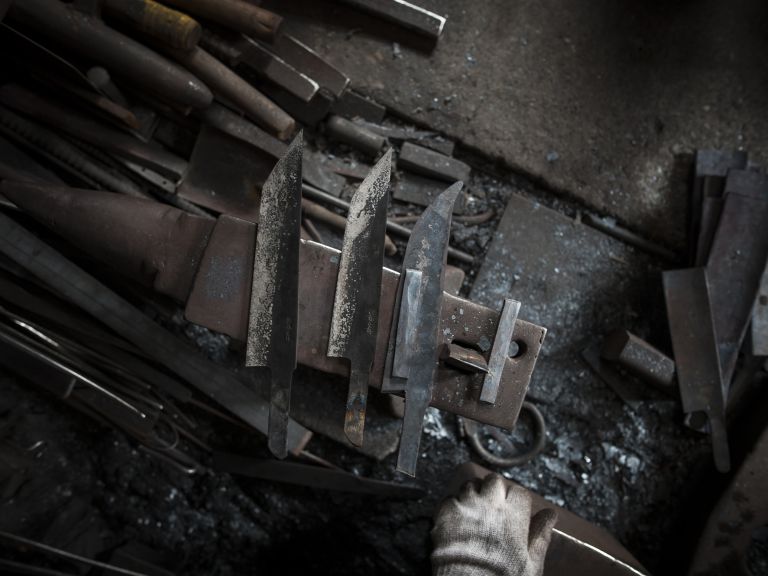Project Detail: MATAGI
Contest:
LuganoPhotoDays 2018
Brand:
LuganoPhotoDays
Author:
Javier Corso
Project Info
MATAGI
Matagi are traditional hunters living in small villages and settlements in the highlands of northern Honshu, the main island of Japan. From its origins, back in the middle of the XVI century, they have made a living by selling meat, skins and other products derived from the hunting. Its main prey is the Japanese black bear, a subspecies classified as vulnerable and threatened according to the International Union for Conservation of Nature (IUCN).
Nevertheless, the matagi never face hunting as a recreational or sporting activity. They only capture what is necessary for regulated sale and self-consumption, or for the purpose of protecting rural and agricultural settlements from wild animals. Although they have evolved in many ways, they still retain several ideals and beliefs inherited from their ancestors. These communities recognize nature as a conscious presence that sustains them, but expects responsible behavior in return. Matagi believe that they can hunt because the Mountain Deity (Yama-no-Kami) allows it, and therefore, hunting is carried out with a sense of utmost reverence and respect for the natural balance.
Following the Fukushima incidents in 2011, the State banned many matagi communities from marketing bear meat, mostly in the prefectures of Gunma, Tochigi and Fukushima itself, because of the high risk of being intoxicated by radiation. Recently the Japanese authorities lifted the veto, and the matagi have been able to resume what has been their main economic activity for centuries.
In the context of a highly globalized, industrialized and metropolized Japan in the midst of the 21st century, matagi face a more than likely extinction of their cultural heritage. The global aging of the Japanese population, legal and regulatory limitations on hunting, and attachment to values that no longer germinate among the younger generations - who migrate massively from the rural to the urban environment - are some of the main reasons that leave these hunters without much hope of preserving their legacy.


















